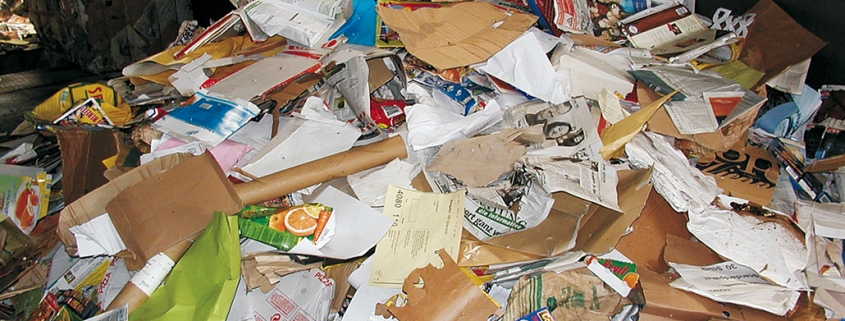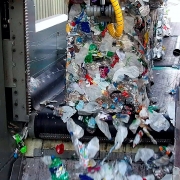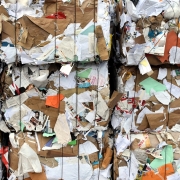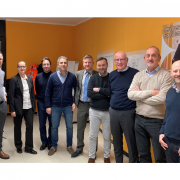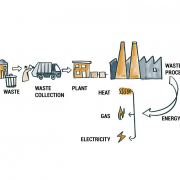INGEDE: Successful for Deinking Issues
In 1989, leading European paper manufacturers founded the “International Association of the Deinking Industry”.
Deinking is a key process in paper recycling and means the removal of printing ink. The association, which celebrated its 30th anniversary, supports research in the field of deinking utilizing the work of well-known research institutes to fulfill the needs of its members. INGEDE also cooperates with other players in the field of recycling, as with printing ink and machinery manufacturers, paper finishing industry and suppliers of additives.
The annual events of INGEDE – as the symposium in February this year – coincided with the association’s 30th birthday. The meetings saw an increased number of attendees, over 50 percent more than two years ago, the association informed on its homepage. According to the information, the INGEDE Symposium is the only international meeting covering all aspects from recyclability and paper recovery to the treatment of paper for recycling. With more white packaging entering the recycling stream, these fibers would become increasingly interesting for deinkers.
A brief history of INGEDE
“INGEDE contributes to recycle paper to the highest level of purity and brightness while the world is still consuming natural resources as if they were unlimited,” was one of the key messages of Bernhard Steinbeis, the association gave account. Steinbeis was INGEDE’s founding chairman in 1989, the first in a row of five, followed by Erwin Krauthauf, Rolf Maisch, Ulrich Höke, and today Thomas Krauthauf. At the symposium in Munich, Thomas Krauthauf reported about the successes of INGEDE in the past – the first issue and the reason to join forces within INGEDE was to prevent the spread of water-based flexographic newspaper printing. INGEDE continued providing orientation for printers, converters, and their suppliers to improve recyclability; then also developing standards and methods to improve the quality of paper for recycling. INGEDE’s methods for incoming inspection of paper for recycling are internationally accepted standards today as well as the methods to evaluate the recyclability of printed products.
Ongoing tasks and challenges are new printing technologies and more complex paper products as well as the declining availability of white fibers in the paper for recycling, just to name a few. In his welcome address, Steinbeis did not only bring some allusions to politics but he also briefly touched upon the financial aspect of INGEDE membership: “The fees charged per ton of paper for recycling did not really hurt. INGEDE reduced the fee from 15 to seven cents per ton of paper for recycling while the world around is greedy without end.”
Photo: Brigitte Weber
(GR 22019, Page 21)

